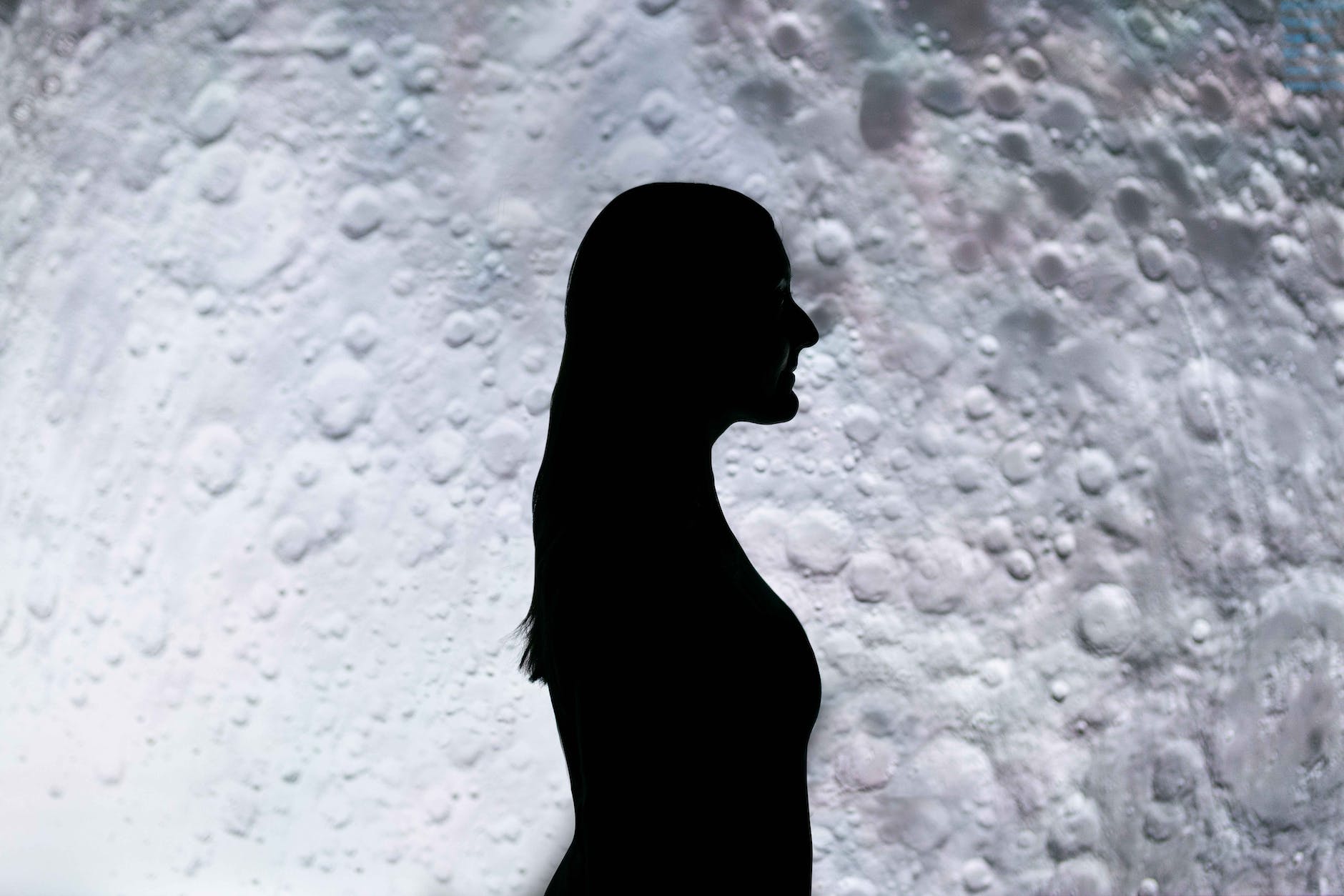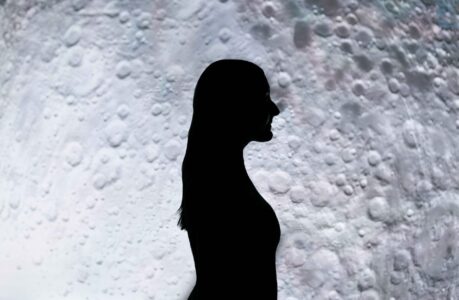Introduction
Astronomy, the study of celestial objects and the universe, has captivated human curiosity for millennia. While the contributions of men in this field are well-known, the history of women in astronomy often goes unnoticed. This article sheds light on the remarkable achievements of women who challenged gender barriers and left an indelible mark on the cosmos. Join us on a captivating journey through time as we explore the stories of these ten trailblazing women who shaped the history of astronomy.
1. Hypatia of Alexandria (c. 350–415 CE)
Hypatia of Alexandria, a Greek mathematician, astronomer, and philosopher, is widely regarded as one of the earliest known female astronomers. In an era dominated by male scholars, Hypatia defied societal norms and made significant contributions to mathematics and astronomy. She developed several astrolabes, instruments used for astronomical measurements, and her lectures attracted scholars from all over the world. Hypatia’s tragic murder serves as a poignant reminder of the struggles women faced in pursuing their intellectual passions.
2. Caroline Herschel (1750–1848)
Caroline Herschel, a German-born astronomer, became the first woman to discover a comet. Her dedication to astronomy blossomed under the guidance of her brother, Sir William Herschel. Caroline played a vital role in cataloging astronomical objects and identifying new celestial bodies. Her achievements include discovering several comets, documenting nebulae, and receiving a Gold Medal from the Royal Astronomical Society in 1828, becoming the first woman to receive such an honor.
3. Maria Mitchell (1818–1889)
Maria Mitchell, an American astronomer, holds a prominent place in the history of women in astronomy. She was the first female professional astronomer in the United States. Mitchell’s remarkable journey began when she discovered a comet in 1847, earning her international recognition. She later became the first woman to be elected to the American Academy of Arts and Sciences. Mitchell’s passion for education and advocacy led her to inspire countless women to pursue careers in science.
4. Annie Jump Cannon (1863–1941)
Annie Jump Cannon, an American astronomer, made groundbreaking contributions to the field of stellar classification. She developed the Harvard Classification Scheme, a system that categorized and classified stars based on their spectral characteristics. Cannon’s work enabled astronomers to understand the composition and evolution of stars. Her vast catalog of stellar spectra laid the foundation for modern astrophysics and played a pivotal role in shaping our understanding of the cosmos.
5. Cecilia Payne-Gaposchkin (1900–1979)
Cecilia Payne-Gaposchkin, a British-American astronomer, revolutionized our understanding of the universe’s composition. In her doctoral thesis, Payne-Gaposchkin proposed that stars are primarily composed of hydrogen and helium, challenging the prevailing belief at the time. Her groundbreaking work laid the foundation for our understanding of stellar evolution. Despite facing gender-based discrimination, Payne-Gaposchkin became the first woman to chair a department at Harvard University and made significant contributions to the field of astronomy.
6. Vera Rubin (1928–2016)
Vera Rubin, an American astronomer, made profound discoveries that transformed our understanding of the cosmos. Her groundbreaking research on galaxy rotation curves provided compelling evidence for the existence of dark matter. Rubin’s work revolutionized astrophysics and challenged traditional notions of the universe’s structure. Her perseverance and scientific acumen inspire countless young women to pursue careers in astronomy.
7. Jocelyn Bell Burnell (born 1943)
Jocelyn Bell Burnell, an astrophysicist from Northern Ireland, played a pivotal role in the discovery of pulsars. As a graduate student, Burnell detected regular radio pulses originating from space, leading to the groundbreaking discovery of pulsars. Despite being overlooked for the Nobel Prize, Burnell’s remarkable contribution revolutionized our understanding of neutron stars and earned her numerous accolades in later years. She remains a role model for aspiring female scientists.
8. Margaret Burbidge (born 1919)
Margaret Burbidge, an English-born astrophysicist, made significant contributions to our understanding of stellar nucleosynthesis. Together with her husband Geoffrey Burbidge, she challenged prevailing theories and demonstrated that elements heavier than helium are formed in stars. Burbidge’s pioneering work paved the way for our comprehension of the origin of chemical elements in the universe. Her tenacity and groundbreaking research continue to inspire generations of astronomers.
9. Nancy Grace Roman (1925–2018)
Nancy Grace Roman, an American astronomer, is often referred to as the “Mother of Hubble.” She played a crucial role in the development of the Hubble Space Telescope, one of the most remarkable astronomical instruments ever created. Roman’s advocacy and leadership at NASA significantly contributed to the success of the Hubble mission and expanded our understanding of the cosmos. Her pioneering efforts paved the way for future space exploration and discovery.
10. Andrea Ghez (born 1965)
Andrea Ghez, an American astronomer, made groundbreaking discoveries related to the existence of supermassive black holes at the center of our galaxy. Using innovative techniques, Ghez provided compelling evidence for the presence of Sagittarius A*, the supermassive black hole at the heart of the Milky Way. Her work has revolutionized our understanding of black holes and earned her the prestigious Nobel Prize in Physics in 2020, making her the fourth woman ever to receive this honor.
Conclusion
The history of women in astronomy is a testament to their remarkable contributions, perseverance, and scientific brilliance. From ancient times to the modern era, these ten exceptional women defied societal norms and made groundbreaking discoveries that continue to shape our understanding of the cosmos. Their stories inspire future generations of female astronomers to reach for the stars and continue unraveling the mysteries of the universe.

